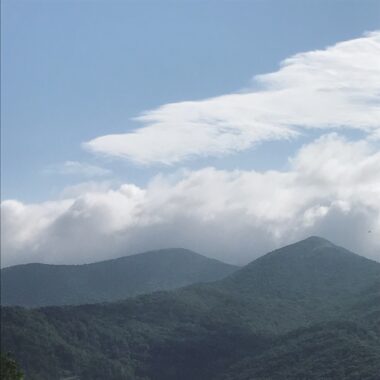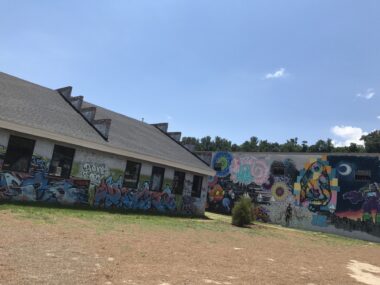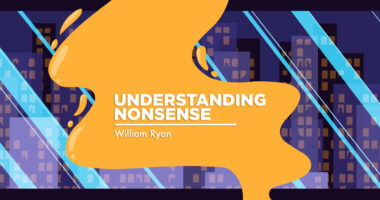In hurricane’s wake, remembering there’s no set timeline for recovery
Just as in life with cystic fibrosis, no one can be sure when 'normal' will return

There’s a video buried deep in my phone’s memory from seven years ago. It shows me driving on the Blue Ridge Parkway in the summer, the leaves full and making a canopy of shade over the road. The moonroof on my Honda, the car I still drive today, is open, and my friend is raising the phone’s camera over the roof.

A 2017 view of the overlook on the Blue Ridge Parkway. (Courtesy of Kristin Entler)
This trip is special to me because it’s the first vacation I took without my parents. Traveling with cystic fibrosis (CF) is hard, so this trip felt like something of a milestone for me at the time. If something went wrong without my parents in tow, I had a close friend by my side who was willing to provide caregiving if necessary — one of the realities of my CF life that kept, and sometimes still keeps, me from traveling solo.
The geotag on the video tells me I was in Black Mountain, one of several areas near Asheville, North Carolina, that were pummeled by Hurricane Helene. The storm hit almost two months ago and made a wreck of southern Appalachia, from areas of Western North Carolina — where I’ve lived for the past year — and into East Tennessee.
I’ve been talking about taking a drive on the parkway since I moved, but it’s easy to take for granted the touristy things around us and put off a visit. There’s always tomorrow. Maybe next time. Later.
The other week, trying to do what small part I could while also listening to my body’s energy needs, I helped shuttle resources in Asheville. While there, my route drove me through some of the same areas I visited back in 2017.
Slowly returning from devastation
The Asheville neighborhood known as the River Arts District, usually vibrant with murals, was caked in mud. Debris lined the riverbank. The French Broad River, usually clear enough to reflect the sky above it, was brown with debris.

The Asheville scene in 2017, as I walked through the River Arts District. (Courtesy of Kristin Entler)
Years ago I read — somewhere I wish I could remember enough to cite — that for each day of a hospital stay, it takes something like a week to recover. That feels right to me. Each time I’ve been discharged from an admission, of any length, the drive home feels like a journey through a parallel world.
Driving through Asheville reminded me of that surreal feeling. Traveling through the ghost of a storm, I could see how the story unfolded. I can see how all normal is undone. It’s a universal truth I’ve learned from a lifetime of chronic illness: Trauma is taxing. Recovery is slow.
As of this week, 53 days after the storm, folks in Asheville have potable water again. Recovery will always be slow. It’ll take time and more resources before the area is how it was before Helene. In some places, cellphone service is still spotty.
Slowly, the Blue Ridge Parkway is reopening, section by section. Temporary roads are being built in the more rural areas, a dire need for folks who live at the top of some of those mountains — many of whom have disabilities and time-sensitive medical needs. I think again about the landslide warnings going off on my phone as Hurricane Helene’s eye created an eerie and slow-spinning calm. I think again how easily I could be facing those deprivations.
The stretch of the parkway that I drove in 2017 is still closed. Though I couldn’t drive there during peak leaf season this year, I know the mountains still towered in gradients of red and gold, and they’ll do it again next year — once the region has time to recover with the resources provided through community effort and funding.
If you want to help, there’s a wealth of organizations with boots on the ground, helping people in the communities who need help the most. BeLoved Asheville is one of them, and there are others on this crowdsourced list of local nonprofits. I encourage you to do your own research and practice due diligence in choosing where to invest your support, energy, and resources.
Note: Cystic Fibrosis News Today is strictly a news and information website about the disease. It does not provide medical advice, diagnosis, or treatment. This content is not intended to be a substitute for professional medical advice, diagnosis, or treatment. Always seek the advice of your physician or other qualified health provider with any questions you may have regarding a medical condition. Never disregard professional medical advice or delay in seeking it because of something you have read on this website. The opinions expressed in this column are not those of Cystic Fibrosis News Today or its parent company, Bionews, and are intended to spark discussion about issues pertaining to cystic fibrosis.









Leave a comment
Fill in the required fields to post. Your email address will not be published.